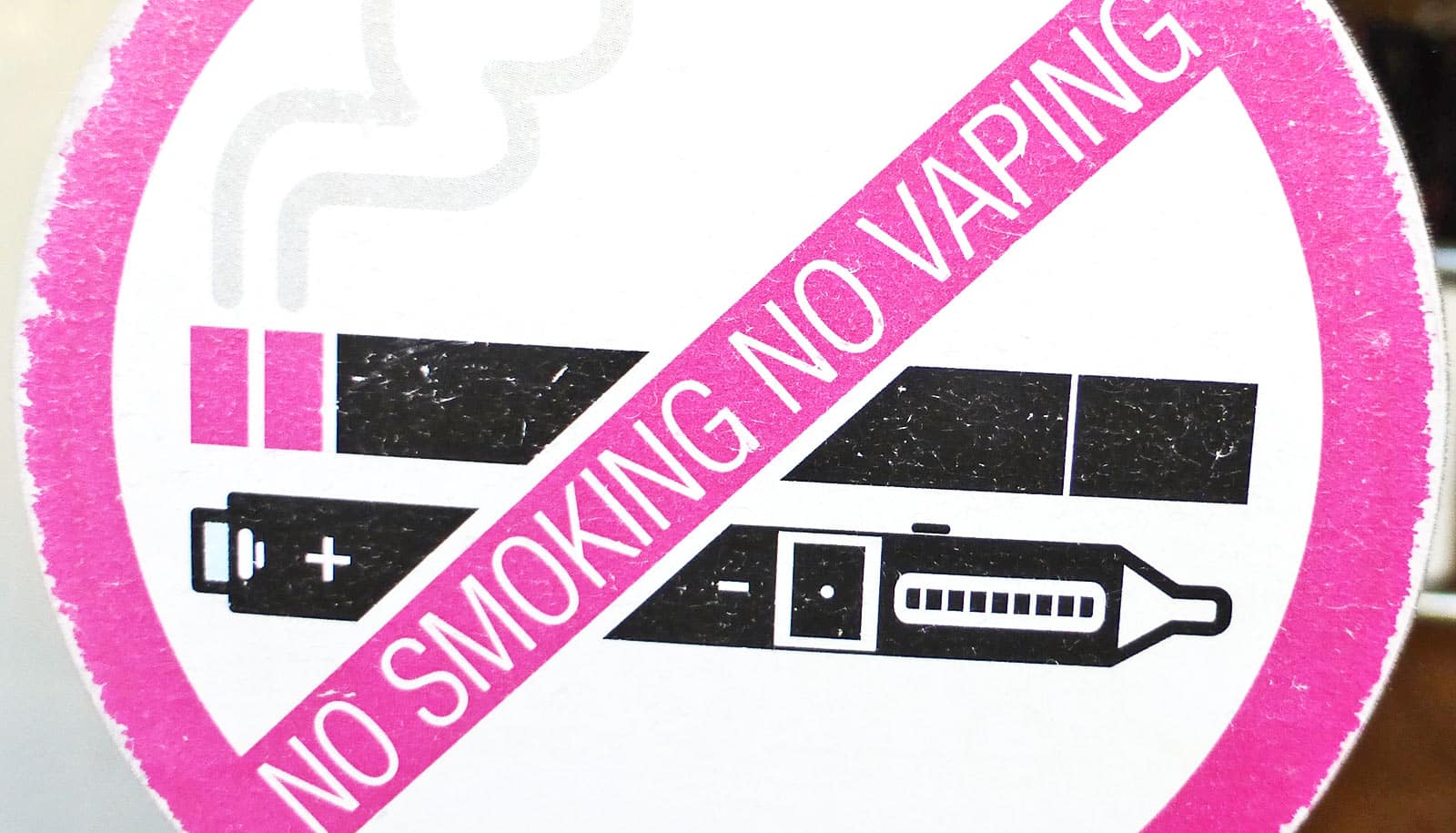People who use e-cigarettes have a higher risk of self-reported chronic obstructive pulmonary disease (COPD), according to a new study.
The risk held true even for those people who had never smoked tobacco, researchers say, adding that the findings cast doubt on claims from e-cigarette companies that vaping is a safe alternative to smoking.
People who vaped had a 47% greater risk of self-reported COPD diagnosis compared to people who did not use tobacco products. Compared to ex-smokers, people who had quit smoking and switched to e-cigarettes were 27% more likely to report a COPD diagnosis.
COPD is the third leading cause of death associated with smoking.
The study, which appears in Nicotine and Tobacco Research, is based on 2016 and 2017 Behavioral Risk Factor Surveillance System (BRFSS) national survey data of nearly one million adults. The survey asked participants whether their health-care provider had ever diagnosed them with COPD.
“It is clear, based on the large sample size of this study, that there is a significant link between vaping and self-reported COPD diagnosis in adults, even among vapers who never smoked before,” says lead author Zidian Xie of the Clinical and Translational Science Institute at the University of Rochester Medical Center.
Senior study author Dongmei Li, an associate professor at the Clinical and Translational Science Institute says: “More long-term clinical research is needed to determine how e-cigarette use is related to COPD, but our findings are consistent with other recent studies showing that e-cigarette use is associated with respiratory issues.”
Recent statistics from the Center for Diseases Control and Prevention’s National Youth Tobacco Survey demonstrate the popularity of vaping among young people in the US. About one of every 10 middle school students and one out of four high school students reported in 2019 that they used electronic cigarettes.
“This study provides further evidence that vaping simply isn’t safe,” says Deborah Ossip, professor of public health sciences at the University of Rochester Medical Center.
“We hope that people begin to heed this message, especially young people who think vaping is cool and who are enticed by the thousands of available flavors.”
The National Center for Advancing Translational Sciences, the National Cancer Institute, and the Food and Drug Administration (FDA) Center for Tobacco Products funded the work.
Source: University of Rochester


